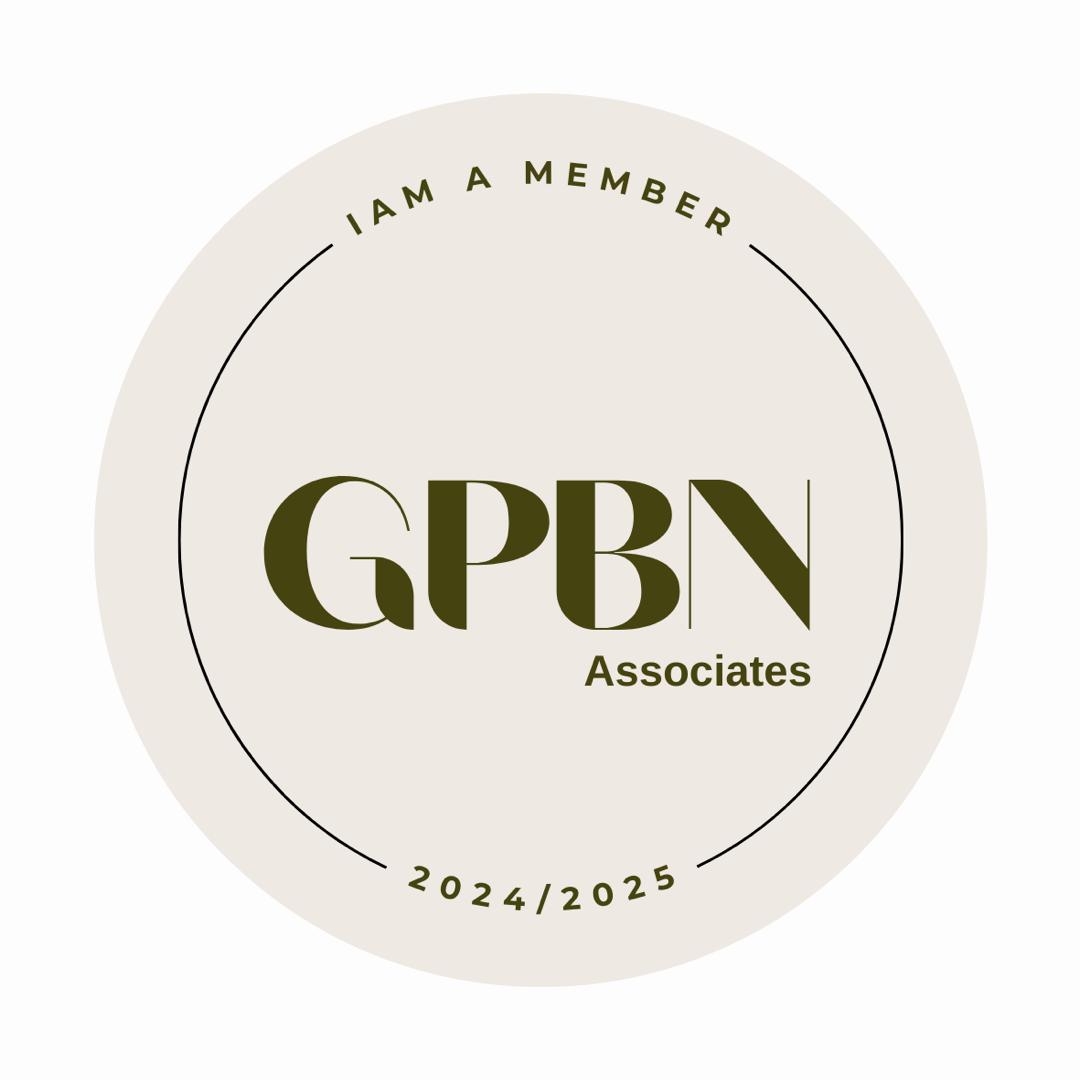The recent surge in petrol prices has sparked outrage and frustration across Nigeria, particularly in Lagos and Abuja, where the cost has reached an exorbitant N568 and N617 per litre, respectively.
This unprecedented rise in fuel prices has left citizens grappling with the economic strain, struggling to make ends meet amidst an already challenging financial climate.
As the cost of living continues to escalate, anger and discontent have reached boiling points, with many Nigerians expressing their outrage at the government’s failure to address the issue.
This blog post delves into the underlying factors behind this fuel price surge, its impact on the daily lives of Nigerians, and the pressing need for immediate action to alleviate the burden on the populace.
The Unrelenting Pressure
Nigeria, as an oil-producing nation, has traditionally enjoyed relatively low fuel prices due to its vast reserves.
However, a multitude of factors has led to the recent surge in petrol prices, resulting in widespread anger and resentment.
The primary driver behind this increase is the global rise in crude oil prices, which has been exacerbated by geopolitical tensions, supply chain disruptions, and increased demand post-pandemic.
As a result, Nigeria, like many other nations, has been forced to adjust domestic fuel prices to reflect the international market rates.
The socioeconomic consequences of skyrocketing fuel prices are far-reaching and profound.
Transportation costs have soared, causing a ripple effect that impacts the prices of goods and services across the board.
This inflationary pressure further erodes the purchasing power of Nigerians, pushing more people into poverty and intensifying the struggle for survival.
Small businesses, already grappling with the effects of the pandemic, face additional challenges as higher fuel costs squeeze their profit margins.
The average Nigerian, already burdened by high unemployment rates and inadequate social infrastructure, now faces an even greater uphill battle to secure basic necessities.
See Also: IPMAN Debunks Rumors of Increment of Fuel Pump Price
Governmental Response
The Nigerian government has been under mounting pressure to address the fuel price crisis and provide relief to its citizens.
However, the response thus far has been largely inadequate, failing to assuage public discontent.
Critics argue that the government’s subsidy removal policy, implemented to address the inefficiencies and corruption associated with fuel subsidies, has disproportionately burdened the masses, while benefiting only a select few.
The absence of effective public transportation systems or alternative energy sources further compounds the impact on everyday Nigerians.
Citizens have taken to social media platforms, organizing protests and expressing their frustration with the hashtag #FuelPriceHike.
The government, recognizing the severity of the situation, has promised to engage in dialogue with stakeholders to find a sustainable solution.
However, for many Nigerians, these promises ring hollow, as they have witnessed similar assurances in the past with little tangible change.
The urgent need for transparency, accountability, and long-term planning is paramount to rebuild public trust.
What You Should Know
The unprecedented rise in petrol prices to N568 per litre in Lagos and N617 per litre in Abuja has ignited anger and frustration among Nigerians struggling to cope with the economic ramifications.
The government’s inability to provide immediate relief or implement comprehensive strategies to mitigate the impact has further strained public trust.
Urgent action is required to address the fuel price crisis and ease the burden on citizens.
The government should explore measures to diversify the economy, invest in alternative energy sources, and improve public transportation infrastructure to reduce reliance on petrol.
Moreover, fostering transparency and engaging in meaningful dialogue with citizens and stakeholders are critical to rebuild trust and foster a sense of collective responsibility.
Nigerians deserve a government that prioritizes their well-being and implements sustainable solutions to alleviate the hardships caused by skyrocketing fuel prices.
It is only through collaborative efforts and decisive action that the country can navigate these challenging times and chart a path towards a more stable and prosperous future.
By acknowledging the legitimate grievances of its citizens and working towards solutions that benefit all, the Nigerian government can begin to quell the anger and unrest that have engulfed the nation.






























































